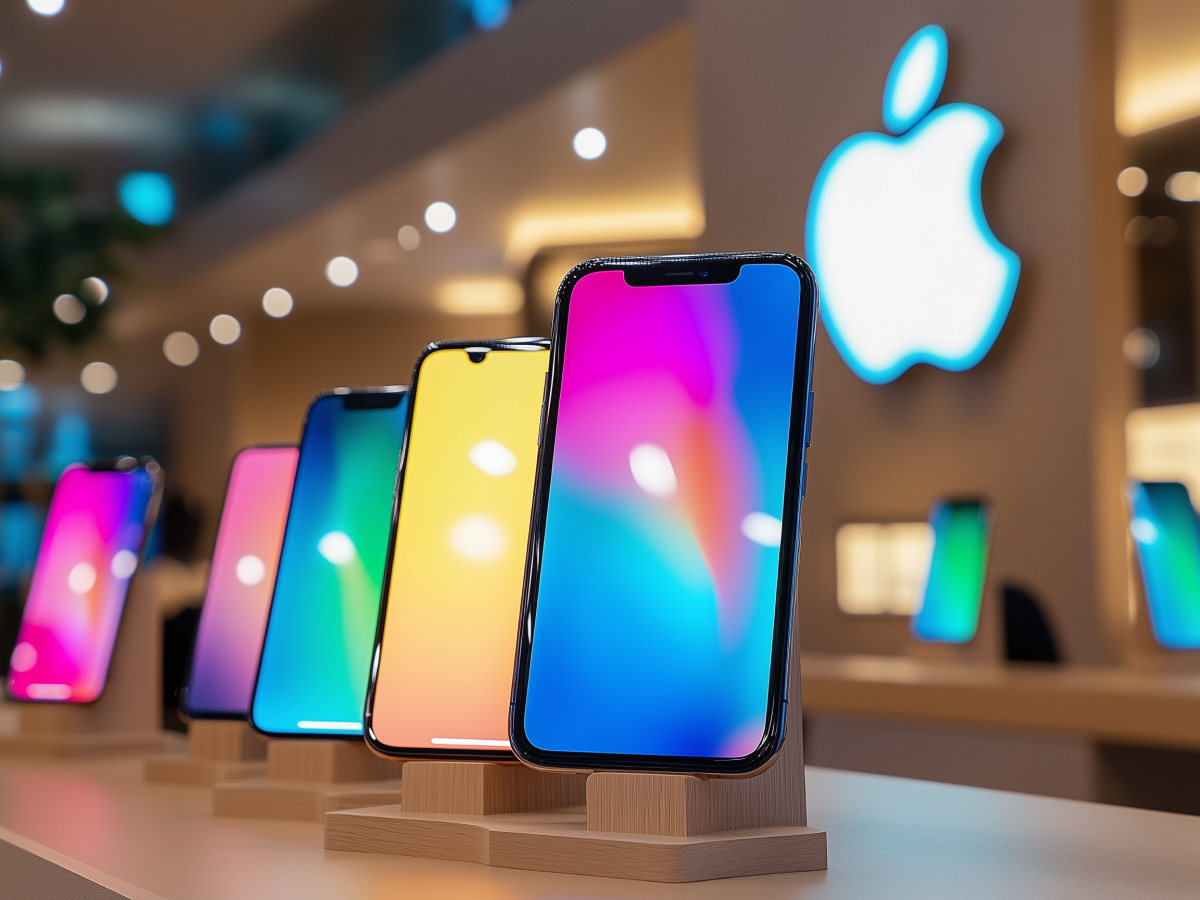Unintended consequences of the Digital Markets Act on Apple’s ecosystem
When regulators step in to “fix” something that isn’t broken, unintended consequences follow. The Digital Markets Act (DMA) was designed to foster competition and break up monopolistic control in the tech industry. The problem is that instead of forcing competition, it’s eroding security.
Apple’s App Store has been one of the most tightly controlled and secure digital marketplaces in the world. Every app goes through a rigorous vetting process to ensure quality, security, and content integrity. But the DMA has now forced Apple to open the gates, allowing third-party app stores like AltStore to distribute apps without Apple’s approval. That’s how we ended up with an unregulated porn app falsely advertised as “Apple Approved.”
The issue isn’t just about one app either. It’s about the domino effect of weakened oversight. Apple warned regulators about this, but the EU’s insistence on opening iOS to third-party stores left little room for Apple to act.
“Now, users in Europe face a new reality: greater app choice, yes, but also greater exposure to potentially harmful and deceptive apps.”
A free-for-all market with no age verification? That’s a problem.
Competition is great—until it compromises safety. AltStore, one of the newly established iOS app marketplaces in Europe, has quickly become a prime example of how regulatory changes can backfire.
Let’s be clear though, as this isn’t just Apple losing control. It’s the consequences of having no guardrails. AltStore received major funding from Epic Games, a company that has been vocal about its opposition to Apple’s walled-garden approach. But despite this backing, they failed to implement even basic age verification. As a result, an explicit app with a “teen” section is now easily accessible to minors.
Here’s where things get worse—one of the app’s major content sources is PornHub, a platform that has already admitted to unlawful financial transactions related to sex trafficking. The risks are real, and they’re serious.
Without proper content controls, these new app stores are creating digital Wild West scenarios where anything goes. When tech companies prioritize profit and expansion over user safety, it’s seldom the owners who pay the price. It’s the everyday users—especially kids—who are left unprotected.
Apple saw the problem coming. The EU looked the other way.
Apple didn’t sit back and watch this unfold. They saw the risks coming and tried to prevent them. In December, Apple raised concerns with the European Commission, warning that unregulated app stores could lead to harmful content slipping through. The EU’s response? Silence.
Apple’s notarization process makes sure apps meet security standards, but it doesn’t let them block inappropriate content outside the App Store. This means that while Apple can verify if an app contains malware, it has no control over whether an app is ethical, legal, or appropriate for all audiences.
And yet, when AltStore launched the explicit app in question, they misleadingly claimed it was “Apple Approved.” Apple quickly corrected the record, stating that not only did they not approve the app, but they wouldn’t have allowed it under their own guidelines. Under the DMA, however, their hands were tied.
What’s happening here is simple: regulators pushed Apple into a position where they must allow harmful content to be distributed on iOS, even when they know it’s dangerous. The EU, which claims to protect consumer rights, effectively gave tacit approval by refusing to intervene. And now, Apple is left managing the fallout while regulators remain silent.
Regulation shouldn’t mean making things worse
The DMA was meant to encourage innovation and competition. But there’s a fine line between fostering competition and lowering standards. Cory Doctorow calls this process “enshittification”—where regulatory and market forces push a platform to degrade over time. Apple has spent over a decade building a highly trusted, secure, and user-friendly app marketplace. Now, thanks to forced compliance with the DMA, that foundation is starting to crack.
Consumers don’t only want more choices; they want better choices. Competition isn’t meaningful if it comes at the cost of user safety, platform integrity, and content quality. Instead of elevating Europe’s app ecosystem, the DMA is making Apple’s platform worse—not because Apple is failing, but because regulation is forcing it to degrade.
To reiterate, this isn’t an argument against competition. It’s an argument for smarter regulation. Opening platforms shouldn’t mean removing all oversight. It shouldn’t mean lowering security standards. And it definitely shouldn’t mean making it easier for harmful content to reach users.
“Regulation should level the playing field without creating more problems. Unfortunately, the DMA is doing the opposite.”
Parents can still protect their kids—for now.
Despite the regulatory mess, Apple has provided tools to help parents lock down devices and prevent kids from accessing third-party app stores. If you’re a parent, you can take action now:
- Go to Settings > Screen Time > Content & Privacy Restrictions
- Tap App Installations & Purchases
- Select App Marketplaces > Don’t Allow
- Block web access if needed
It’s not a perfect solution, but it’s something. Parents will have to be proactive because the EU has removed Apple’s ability to filter harmful content at the ecosystem level.
Of course, kids might complain—especially if they lose access to games like Fortnite, one of the biggest apps distributed via third-party stores. But at the end of the day, keeping children safe online is more important than convenience.
The bigger issue here is whether regulators will acknowledge the risks they’ve created. Will the EU step in to fix this problem? Or will they let Apple take the blame for the damage caused by their own policy decisions?
“If history tells us anything, it’s that when regulators get it wrong, companies—and consumers—are left cleaning up the mess.”
Key executive takeaways
- Eroding platform integrity: The Digital Markets Act forces Apple to allow third-party app stores, weakening its strict app curation and compromising the ecosystem’s overall security. Executives should assess how reduced oversight could erode consumer trust and impact user experience.
- Increased security risks: Unregulated apps, including those with explicit content, now have a greater chance to reach users, exposing vulnerable groups to potential harm. Leaders must prioritize robust risk management and enhanced safety protocols to safeguard their digital platforms.
- Regulatory constraints vs. company control: Despite Apple’s proactive efforts to maintain high standards, the European Commission’s enforcement of DMA rules limits its ability to manage content effectively. Decision-makers should engage with policymakers to advocate for balanced regulations that protect security without hindering innovation.
- Interim mitigation measures: Apple’s parental controls offer a temporary safeguard by blocking access to uncurated third-party app stores, yet they are not a comprehensive solution. Executives should explore additional strategies to strengthen content filtering and user protection in the evolving digital landscape.





